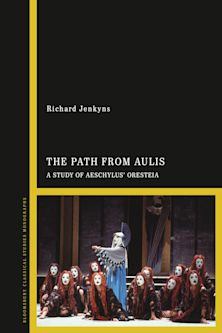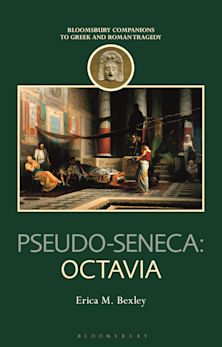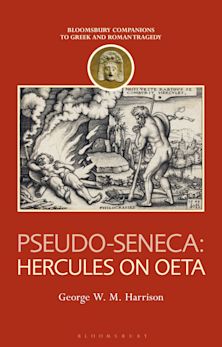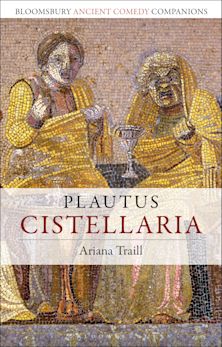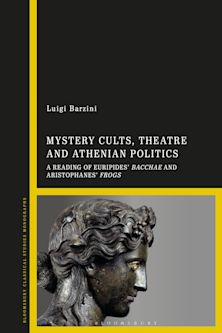- Home
- ACADEMIC
- Classical Studies
- Ancient Drama
- Aeschylus, Character, and the Yoke of Necessity
You must sign in to add this item to your wishlist. Please sign in or create an account
Description
Aeschylus, Character, and the Yoke of Necessity considers the works of Aeschylus in the context of the playwright's handling of dramatic character and the conflict between freedom and compulsion. Aeschylus was an Athenian citizen during the first generation of that polis's democratic system. As such, he and his contemporaries were encountering a kind of free agency unknown before in history. Aeschylus presents the archetype of the “tragedy of character” that will resonate throughout world literature. It is a fascinating and essential component to the conception of his drama that his protagonists each of the six plays find ways of escaping freedom in exchange for a self-imposed spiritual bondage. They “slip [their] necks into the yoke of necessity,” to borrow a pivotal line from the Agamemnon. Caught between their individual motives and the unavoidable necessity of their situation, each protagonist handles this conflict in a way that defines the specificity of their character and results in the development of the plot. This book also explores the frequently dominant position of the Aeschylean chorus.
Table of Contents
Introduction
Chapter 1: Persians (472 BC)
Chapter 2: Seven against Thebes (467 BC)
Chapter 3: Suppliants (ca. 463 BC)
Chapter 4: The Oresteia-Agamemnon (458 BC)
Chapter 5: Libation Bearers
Chapter 6: Eumenides
Postscript
Bibliography
Appendix A: Further Reading
About the Author
Product details

| Published | 04 Sep 2025 |
|---|---|
| Format | Ebook (PDF) |
| Edition | 1st |
| Extent | 224 |
| ISBN | 9798216201298 |
| Imprint | Bloomsbury Academic |
| Publisher | Bloomsbury Publishing |
About the contributors
Reviews
-
This masterly study by Mark Ringer demonstrates that Aeschylus is a subtle and audacious portrayer of the human subject. By analysing his six unquestionably authentic plays in chronological order, Ringer exposes the poet's growing mastery of characterisation, both in his individual protagonists and in the collective chorus. The chorus emerges as a living ensemble rather than a mere literary convention. Tragic compulsions, exemplified by Agamemnon's self-imposed 'yoke of necessity', are laid bare. Far from shying away from character analysis, Ringer's judicious character criticism illuminates how psychological transformation and moral conflict fuel drama's most electrifying moments. His incisive reading culminates in the Oresteia, demonstrating how Aeschylus crafts emotionally resonant theatre. I find Ringer's book both compelling and indispensable, an essential reading for scholars and students across the globe.
Andreas Markantonatos, University of the Peloponnese, Greece

ONLINE RESOURCES
Bloomsbury Collections
This book is available on Bloomsbury Collections where your library has access.












